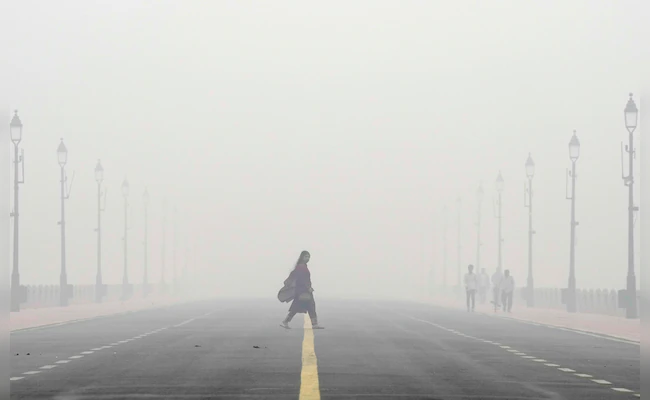New Delhi, October 17: In a shocking revelation, Canadian Prime Minister Justin Trudeau admitted on Wednesday that Canada lacks concrete evidence to substantiate claims linking Indian government agents to the assassination of Hardeep Singh Nijjar, a designated Khalistani terrorist. This disclosure comes amid ongoing diplomatic turmoil between Canada and India, triggered by Trudeau’s accusations in 2023.
During a public inquiry on foreign interference in Canada’s electoral system, Trudeau confirmed that the allegations were based solely on intelligence, not definitive proof. He disclosed, “There was intelligence from Canada, possibly from Five Eyes allies, indicating India’s involvement in the killing. But it wasn’t hard evidentiary proof.”
The Five Eyes alliance, comprising Canada, the U.S., the U.K., Australia, and New Zealand, focuses on intelligence-sharing. According to Trudeau, the data received raised serious concerns, prompting the Canadian government to pursue the matter. He further accused Indian diplomats of monitoring Canadians critical of the Modi government and passing information to Indian officials and criminal elements, including the Lawrence Bishnoi gang.
The Nijjar Case and Diplomatic Fallout
Hardeep Singh Nijjar, listed as a terrorist by India’s National Investigation Agency (NIA) in 2020, was killed outside a gurdwara in Surrey, British Columbia, in June 2023. The Royal Canadian Mounted Police (RCMP) claimed that six Indian diplomats were allegedly part of the plot, with the Bishnoi gang suspected of collaborating with Indian agents to carry out the murder.
Trudeau admitted that Canada had the option to raise the issue during the G20 summit in New Delhi in September 2023 but decided against it. “At the time, we only had intelligence, not solid evidence. We sought cooperation from India to investigate further,” he stated.
However, the situation escalated when Canada expelled six Indian diplomats and accused India of obstructing the inquiry. India retaliated by expelling Canadian diplomats and recalling its High Commissioner, Sanjay Kumar Verma.
India’s Firm Denial
India has denied any involvement in Nijjar’s killing, asserting that Canada failed to provide evidence to back its claims. In a strongly worded statement, the Ministry of External Affairs (MEA) remarked, “Canada has produced no proof to support the serious accusations it has made against India.” India also criticized Canada for harboring Khalistani extremists and accused Trudeau’s government of using the controversy for political gains.
New Delhi rejected reports labeling High Commissioner Verma as a ‘person of interest’ in the investigation. “These claims are preposterous,” the MEA added, emphasizing that Canada’s actions undermine the bilateral relationship.
The ongoing diplomatic row has heightened tensions between the two nations, with both sides digging in their positions. Canada continues to push for deeper investigations, while India insists the allegations are politically motivated.




